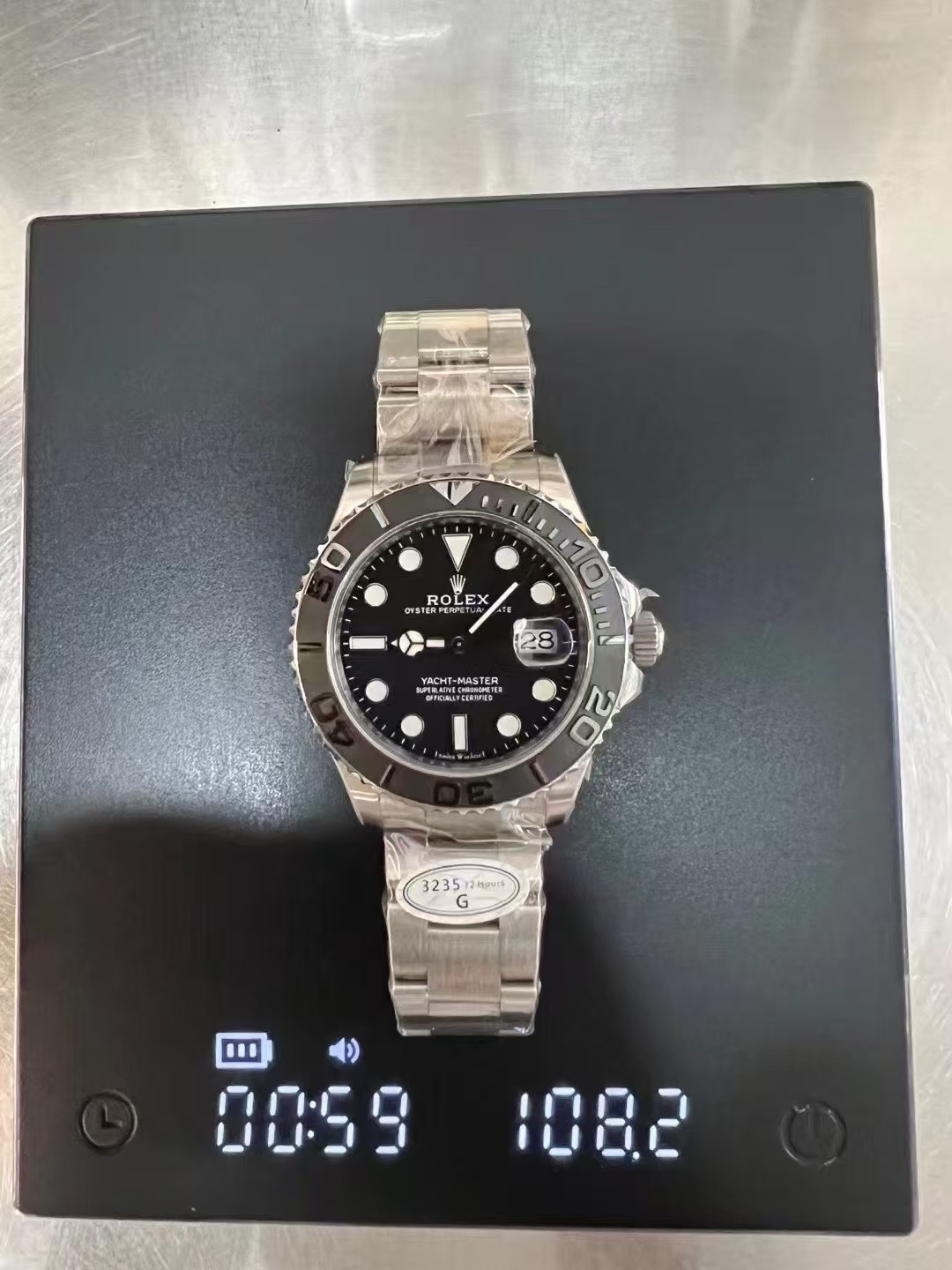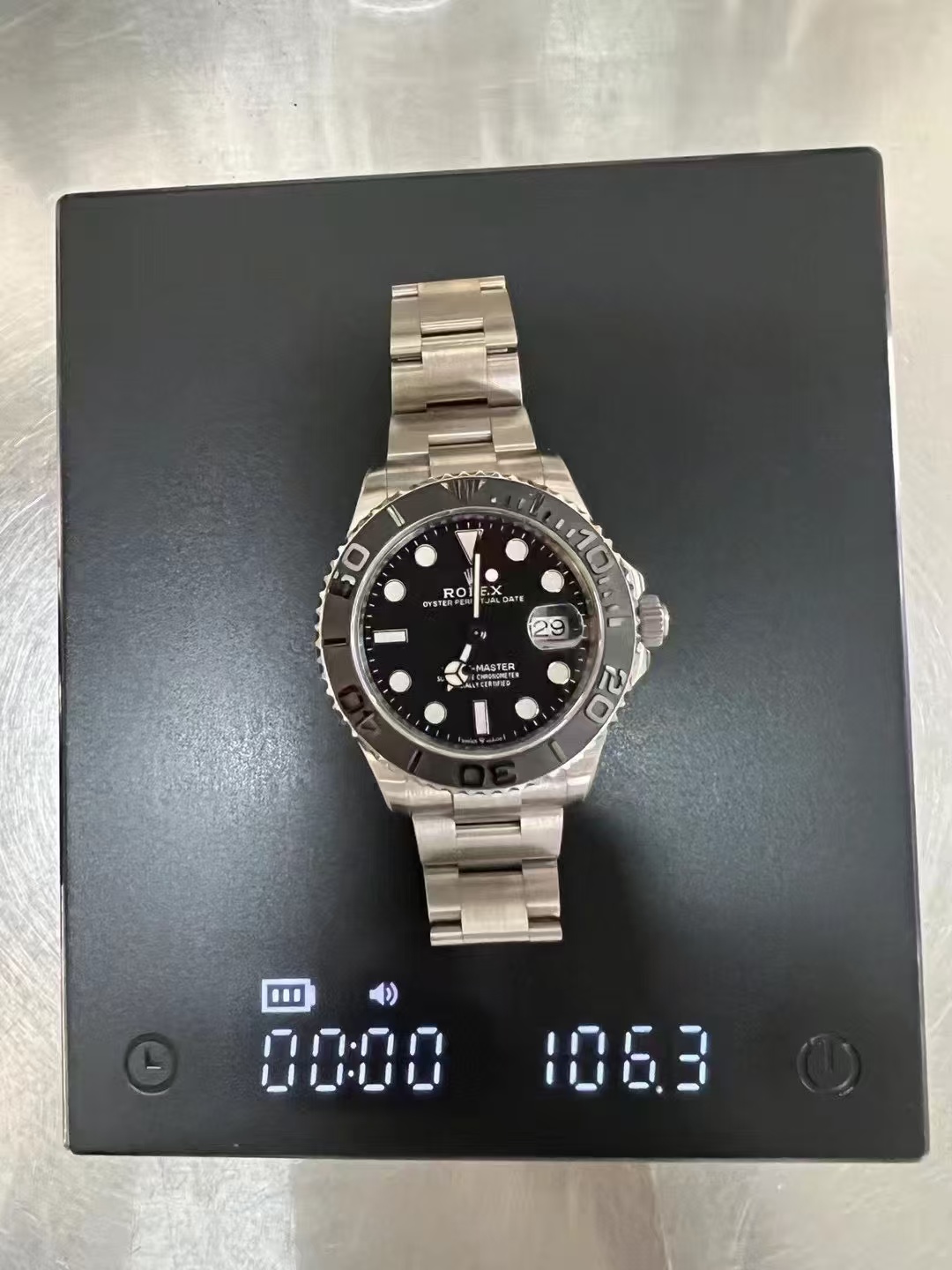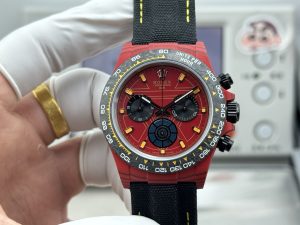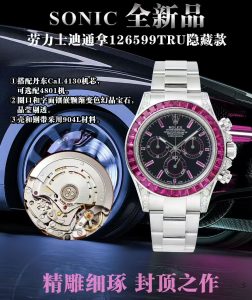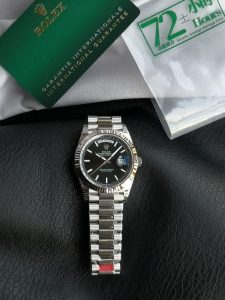As the watch industry continues to evolve, the debate between luxury timepieces and their replica counterparts remains a hot topic. The latest release from G Factory—a well-known name in the replica watch community—adds another layer to this ongoing dialogue. With a new model that boasts a mere 2-gram difference from the genuine article and only a 1-gram discrepancy when you factor out the protective film, G Factory illustrates the fine line between authenticity and imitation.
Bridging the Gap: Craftsmanship and Precision
Upon examining the new release, one can’t help but appreciate the craftsmanship that goes into creating such a close approximation of a luxury watch. This precision in replication raises questions about the perceived value of brand-name authenticity. When a replica watch can essentially mimic the tactile experience of wearing a genuine piece, the traditional allure of brand exclusivity comes into question.
The Ethics of Imitation
Ethically, the existence of replicas challenges the luxury brands’ narrative of uniqueness and craftsmanship. Critics argue that buying a replica undermines the artistry and labor that define genuine luxury watches. Yet, from another perspective, one might view the purchase of a high-quality replica as a form of democratizing luxury, allowing wider access to designs and aesthetics typically reserved for those with ample financial resources.
Economic Realities: Weighing Cost and Value
The economic implications are significant. An original luxury watch represents not only a functional timepiece but also a complex blend of brand history, technological advancement, and investment potential. For instance, purchasing a luxury watch like Rolex often involves buying into the brand’s meticulously curated image—an aspect that replicas cannot offer. However, replica watches, like those from G Factory, provide a cost-effective alternative for those who prioritize design and function over market-driven prestige.
Psychological Appeal and Self-Perception
On the psychological front, the choice between original and replica often reflects deeper personal values and perceptions. Owning a luxury watch can be a status symbol, resonating with personal success and societal acknowledgment. A replica, on the other hand, can signify resourcefulness and a rejection of consumerist pressures, where the individual values the aesthetic and functional qualities over brand prestige.
A Personal Choice: The Value of Authenticity
Ultimately, the decision to choose a replica or an original is deeply personal. It speaks to what one values more: the story and heritage of a brand, or the ingenuity and accessibility of replication. With G Factory’s new model, this decision becomes even more nuanced. The near-identical weight and appearance challenge consumers to reflect on what authenticity truly means to them and how much they value the intangible aspects of luxury goods.
In conclusion, while the notion of buying a replica watch often conjures mixed feelings, it undeniably opens up a conversation about how we assign value and what luxury truly represents in the modern world.

